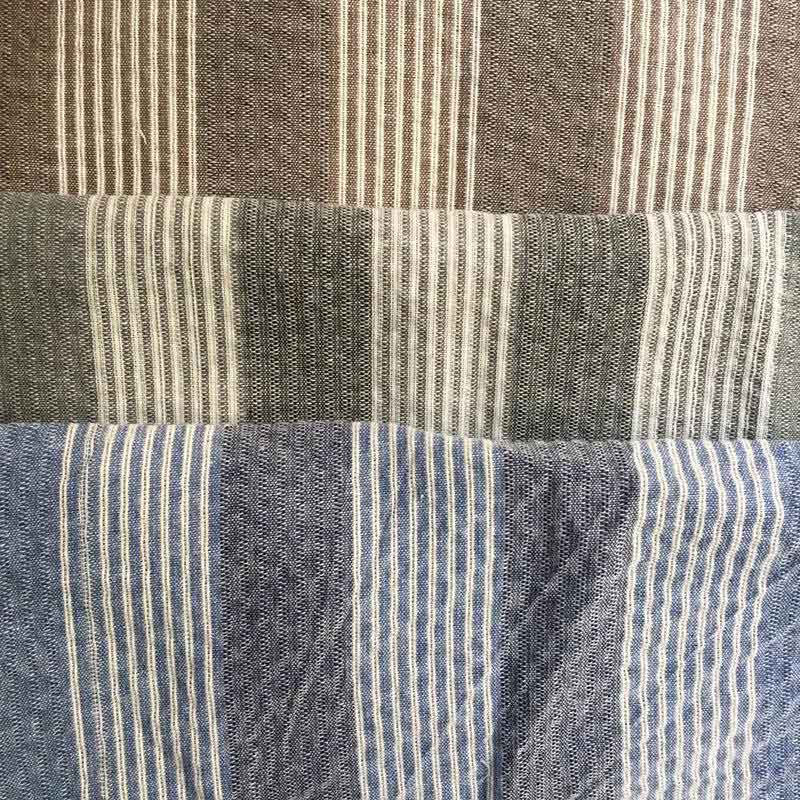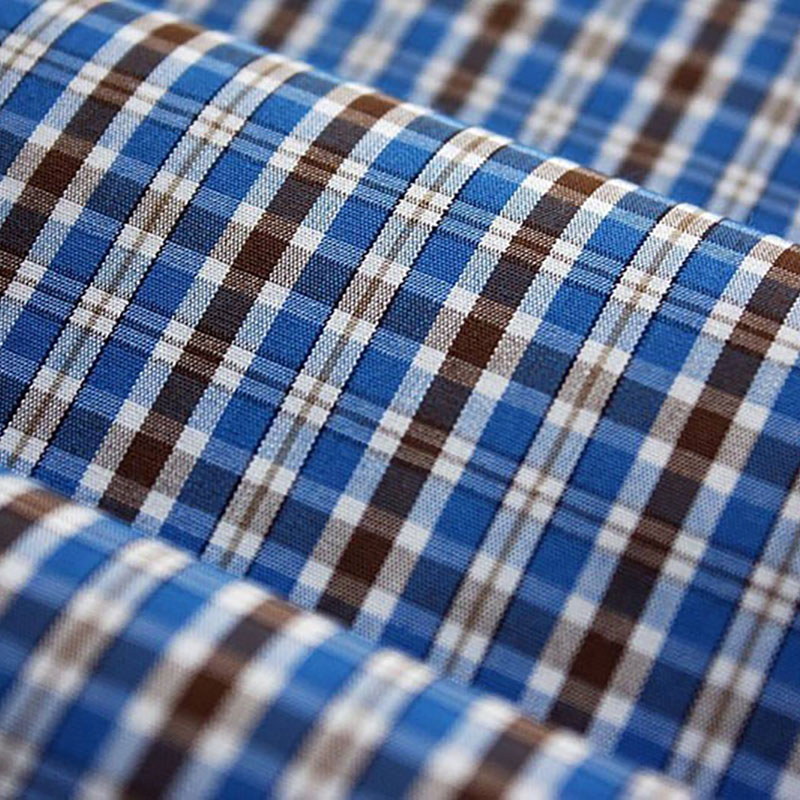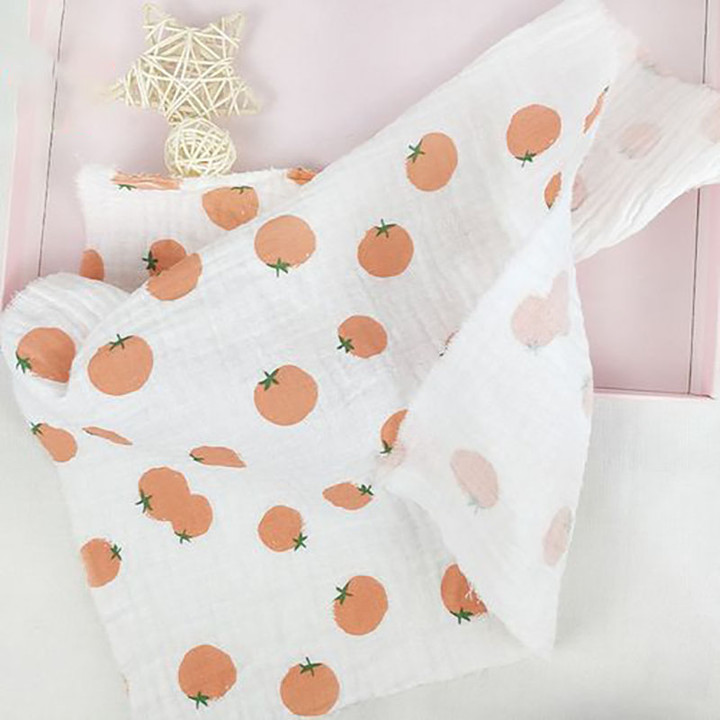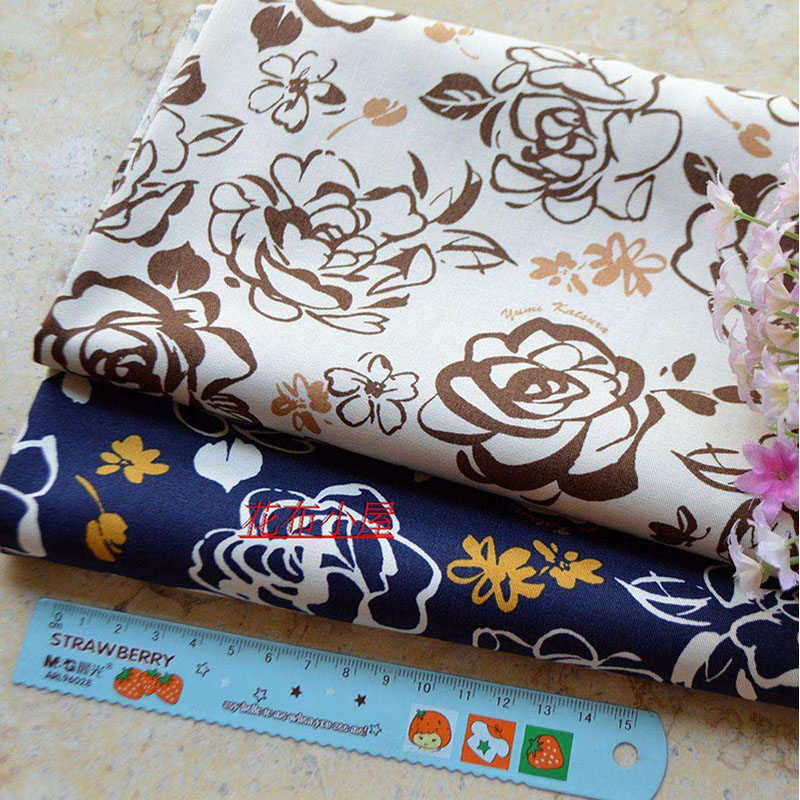
With the popularization of sustainable fashion concepts, the demand for environmentally friendly fabrics is increasing. Knitted dyed fabrics, as an emerging environmentally friendly material, are gradually gaining attention in the market due to their superior environmental characteristics. This article will explore the environmental protection options and future prospects of knitted dyed fabrics, providing important reference for the industry.
The main feature of knitted dyed fabrics is their efficient dyeing process. Compared with traditional dyeing methods, knitted dyeing uses low-temperature environmentally friendly dyes, which can effectively reduce the pollution and consumption of water resources. Moreover, this fabric has excellent breathability and comfort, suitable for a variety of clothing designs.

When choosing environmentally friendly knitted dyed fabrics, you need to pay attention to the following standards: 1) Use environmentally friendly dyes; 2) Manufacturers follow sustainable production processes; 3) Have relevant environmental certifications (such as OEKO-TEX, GOTS, etc.). Through these standards, companies can ensure that fabrics meet environmental requirements when choosing and promote sustainable development.

As consumers become more environmentally conscious, eco-fashion is gradually becoming an industry trend. Knitted dyed fabrics are expected to play an important role in this trend. It is expected that this field will usher in rapid growth in the next few years, bringing new business opportunities for enterprises. It is the responsibility of every enterprise to further promote the development of the green textile industry.

In summary, knitted dyed fabrics not only have environmental protection characteristics, but also meet the market demand for sustainable development. In the selection and procurement process, enterprises should attach great importance to environmental protection standards and promote the application of knitted dyeing technology, so as to contribute to the future of the green textile industry.


